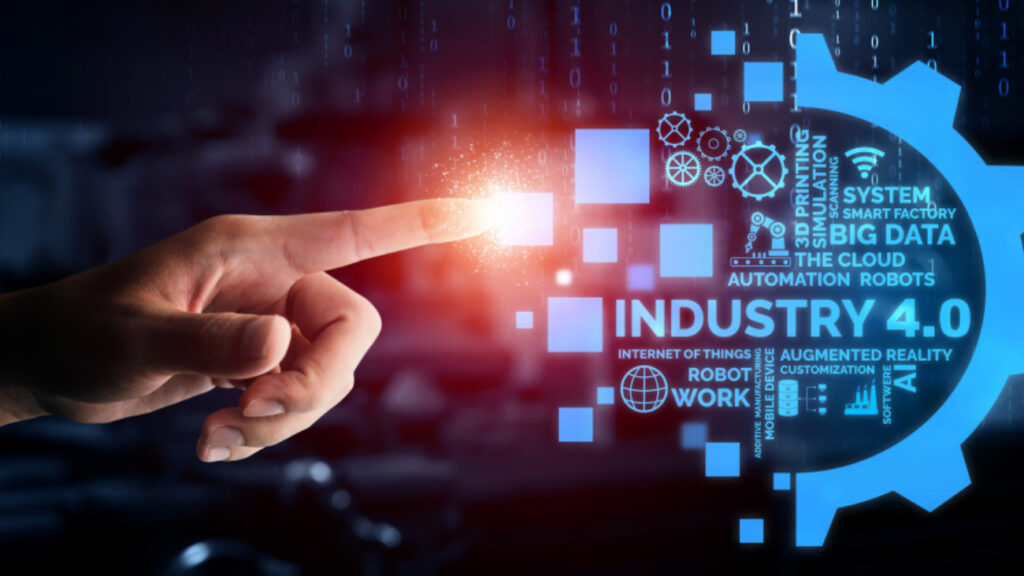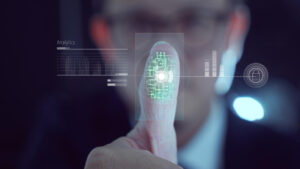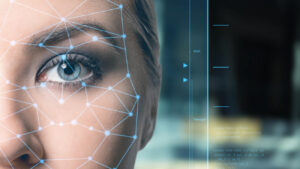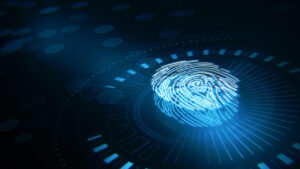The author of this article is Bahaa Abdul Hadi. As an Identity Management expert, Bahaa Abdul Hadi always shares his experience on various platforms.
We encounter AI frequently both in our physical and virtual lives. Artificial intelligence has penetrated our lives through various aspects. Television utilises AI to enhance its picture quality. On the other hand, air conditioning machines can adjust the humidity and temperature automatically with the aid of AI. Even financial tools nowadays use AI to predict the return value to save customers from experiencing potential loss.
However, the scenario was not the same before 2000. Before the 21st century, collecting and accumulating a huge amount of data was quite challenging to operate AI technology seamlessly. But, in the late 2000s, the emergence of cloud technology, smartphone devices and the internet made it possible to accumulate a large quantity of data.
The rise of the Internet of Things has accelerated the growth of AI by collecting big data via devices and sending the data to the cloud platform. Such massive growth of AI technology is known as Industry 4.0 or the Fourth Industrial Revolution.
The physical security industry:
The physical security industry primarily deals with the control of access to video surveillance and the IT industry. However, the physical industry features a plethora of inefficiency and inconvenience due to the complexity of the security process. Even, this industry prefers the method of undergoing unnecessary steps to prevent the issues caused by a single individual.
Thereafter, the organisations experience the challenge between balancing efficiency and security improvement while using physical security.
Physical security with Industry 4.0:
With the assistance of Industry 4.0, companies can minimise the physical security dilemma by allocating adequate resources. The departments with major security risks can respond immediately. Such smart performance is possible if companies can train AI to identify irregular patterns by accessing big data and RTLS.
AI can quickly identify any possible threats to prevent security breaching. AI can read the pattern of security breaching after the occurrence of such incidents to take automatic prevention measures in the future. The RTLS-based location tracking method has been proven effective to access control in different sectors including healthcare and supermarket. It has even shifted the physical security to the cloud platform proficiently.
In a nutshell, the fourth industrial revolution has changed physical security more effectively and profitably. With the aid of big data, AI has already outsmarted human judgements. Cloud service along with AI has made physical security more secure, convenient and efficient.
The article has been published by the editorial board of the Identity Herald and authored by Bahaa Abdul Hadi. For more information please visit www.identityherald.com




